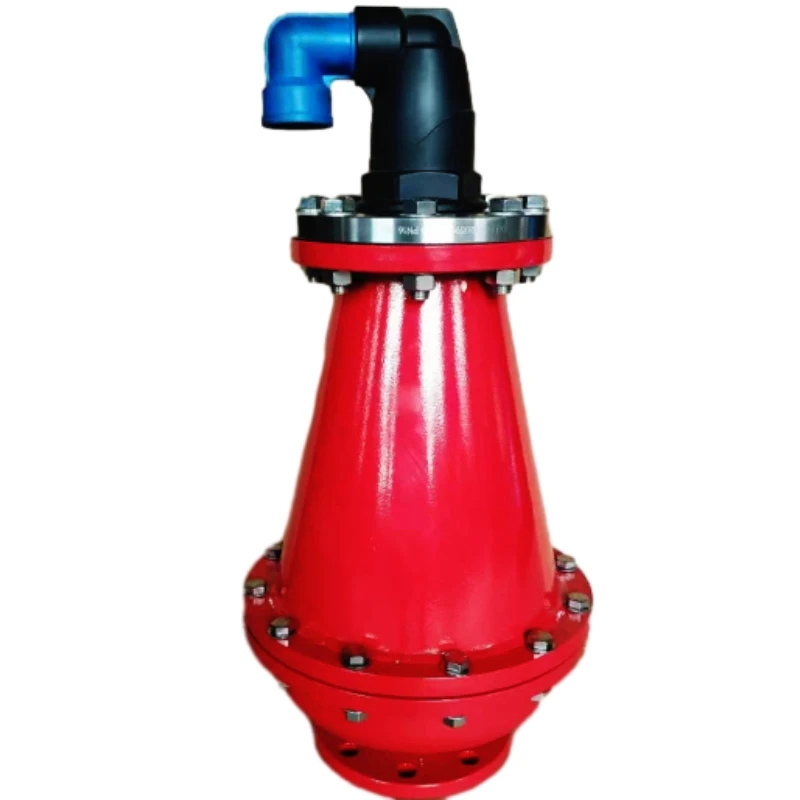Innovative Sliding Bollards for Enhanced Security and Urban Design Solutions
The Rise of Sliding Bollards Enhancing Security and Aesthetics
In urban planning and security design, the emergence of sliding bollards has revolutionized the way cities manage access and protect public spaces. These innovative barriers provide a combination of functionality, safety, and aesthetic appeal, making them increasingly popular in various environments, from busy city streets to private properties.
Understanding Sliding Bollards
Sliding bollards are vertical posts that can retract into the ground, allowing for unrestricted vehicle access when needed. Unlike traditional fixed bollards, which can impede traffic flow, sliding bollards offer flexibility, enabling city planners to maintain security without obstructing movement. Typically controlled by advanced mechanisms such as hydraulic, pneumatic, or electric systems, these bollards can be operated remotely or manually, providing an efficient solution to urban access control.
Applications in Urban Environments
The application of sliding bollards is especially prevalent in high-traffic areas where security is paramount. For instance, municipalities often implement these bollards in pedestrian zones, city squares, and event venues to protect against vehicle attacks while allowing for easy access for emergency services and delivery vehicles. Their ability to retract provides a seamless transition between a secure environment and an open space, ensuring that urban areas remain vibrant and accessible.
Moreover, sliding bollards play a critical role in managing traffic flow in high-security locations, such as government buildings, embassies, and corporate headquarters. By allowing quick deployment and retraction, they eradicate the need for elaborate barriers and gates, streamlining both security protocols and vehicle access.
Aesthetic Integration
sliding bollards

One of the compelling features of sliding bollards is their ability to blend into the urban landscape without sacrificing security. They can be designed in various styles, materials, and finishes, allowing architects and urban designers to create visually appealing environments. Whether made from stainless steel for a modern look or from more traditional materials that harmonize with historical surroundings, these bollards can serve as both functional barriers and eye-catching design elements.
In addition to security, cities increasingly recognize the importance of aesthetics in public spaces. The design flexibility of sliding bollards allows for creative opportunities that enhance the overall urban experience while still providing necessary protection.
Benefits of Sliding Bollards
The advantages of sliding bollards extend beyond visual appeal and access control. They also promote safety by preventing unauthorized vehicle access, which can reduce the risk of accidents and injuries in crowded areas. Furthermore, the quick-response capability of sliding bollards means that emergency services can access locations more efficiently during critical situations.
In terms of maintenance, sliding bollards are designed to withstand a variety of weather conditions, minimizing wear and necessary upkeep. Many systems are equipped with sensors and alarms to detect malfunctions, ensuring that any issues can be quickly addressed before they pose a security risk.
Conclusion
As cities continue to evolve and adapt to new challenges, the role of security features such as sliding bollards will become increasingly significant. By balancing functionality, safety, and aesthetics, these innovative barriers provide a forward-thinking solution for urban planners. Their ability to enhance public space security while maintaining accessibility positions sliding bollards as a quintessential feature in modern urban design. With growing concerns about safety in public areas, the investment in sliding bollards is not just about protecting spaces but also about creating inviting urban environments that are responsive to the needs of both citizens and visitors. The future of city landscapes is bright, and sliding bollards are undoubtedly a key component of that vision.
-
The Smarter Choice for Pedestrian AreasNewsJun.30,2025
-
The Gold Standard in Round Drain CoversNewsJun.30,2025
-
The Gold Standard in Manhole Cover SystemsNewsJun.30,2025
-
Superior Drainage Solutions with Premium Gully GratesNewsJun.30,2025
-
Superior Drainage Solutions for Global InfrastructureNewsJun.30,2025
-
Square Manhole Solutions for Modern InfrastructureNewsJun.30,2025
-
Premium Manhole Covers for Modern InfrastructureNewsJun.30,2025
